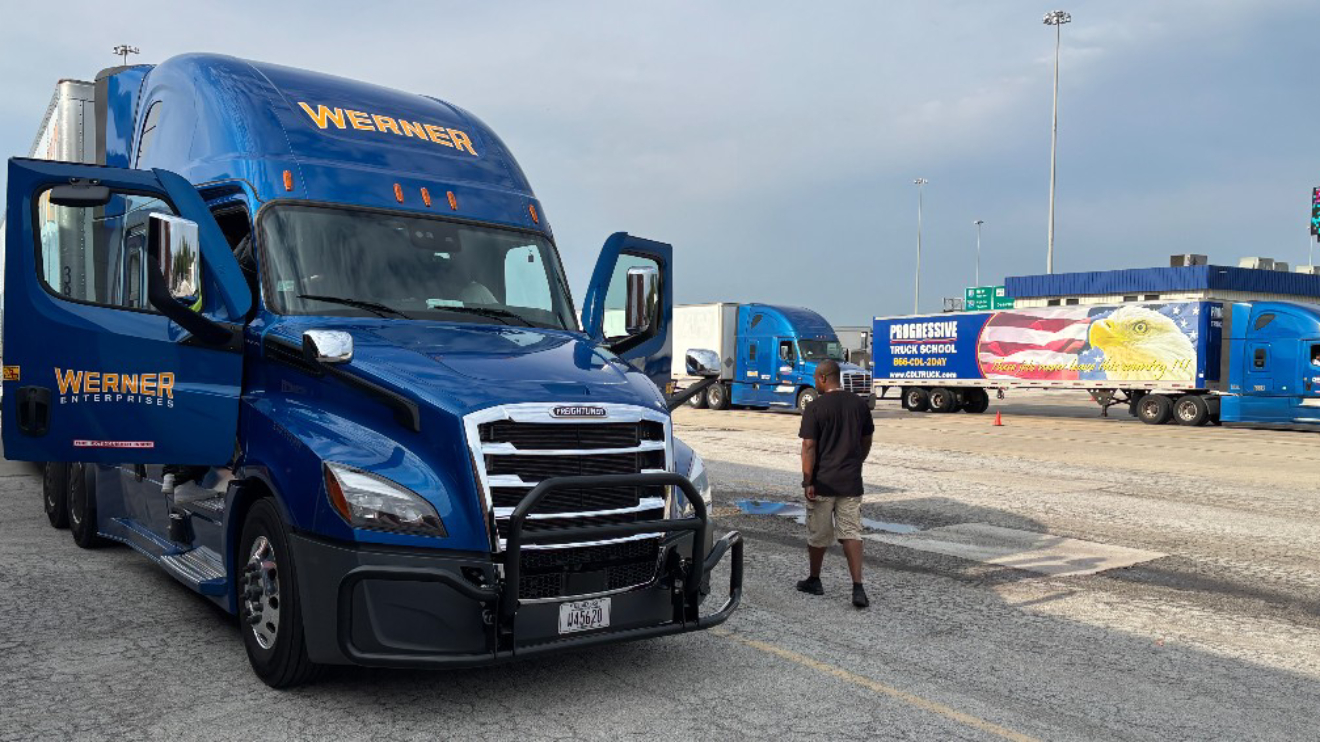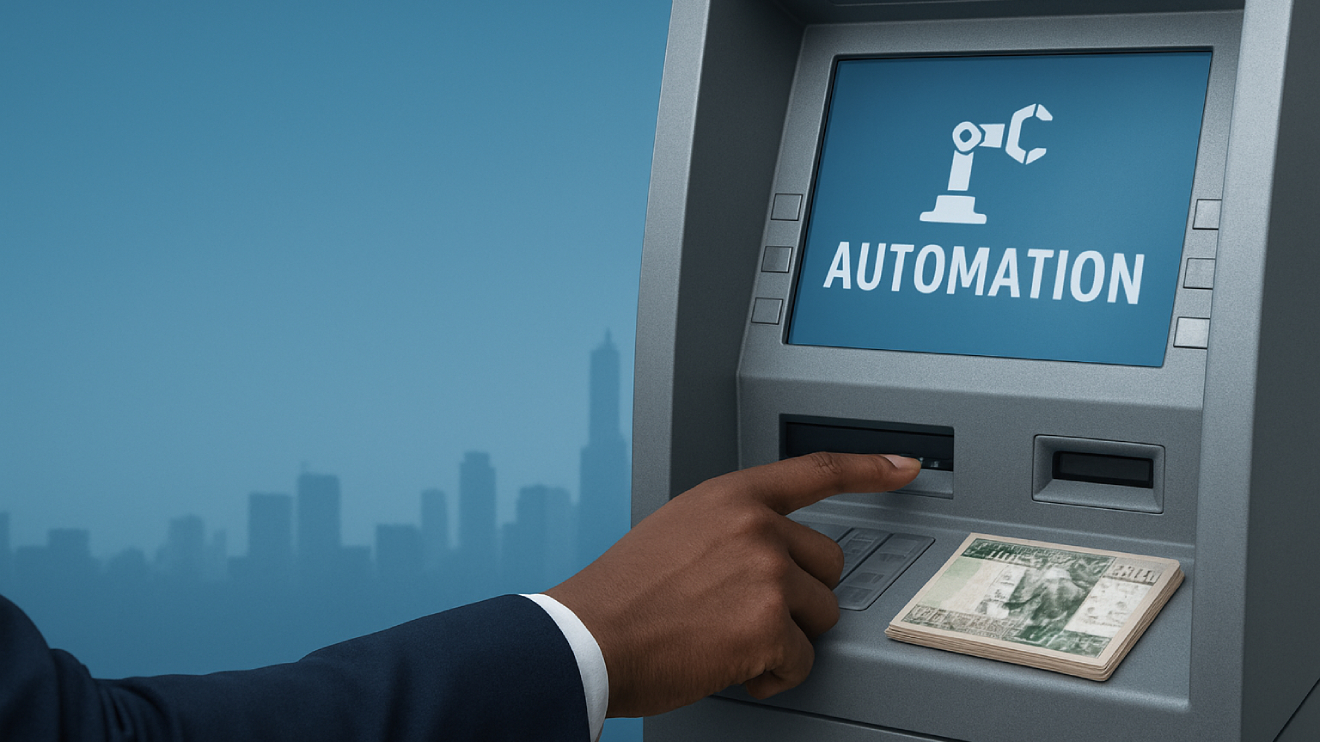In a recent revelation, digital ride-hailing giant Bolt has clarified the misconception surrounding discounts offered to riders, affirming that the company, not the drivers, bears the financial brunt of these concessions.
Linda Ndungu, the country manager of Bolt, clarified the intricacies of the compensation system.
In an effort to address the narrative perpetuated by some drivers, Bolt aims to enlighten its user base and curb any exploitation of passengers through unwarranted top-ups.
"Contrary to the popular narrative that the drivers have been propagating that they are the ones who take a hit whenever a discount is extended to a rider, it is actually the company that incurs the cost because we usually reimburse the discounted amount by crediting it to the driver’s account."
Read More
She emphasized that customers should resist yielding to pressure to pay more than the fares displayed on the platform.
"This is information that we want to get out there so that we can stem this practice of drivers exploiting passengers by forcing them to top up the discounted amounts," Ndungu added.
Explaining the operational dynamics, Ndungu detailed a hypothetical scenario in which a discount is applied to a trip, such as a 10 per cent reduction on a Sh200 fare, and the rider pays Sh180 to the driver.
The driver, in turn, must remit a Sh36 commission, equating to 18 percent of the full Sh200 ride cost. Subsequently, Bolt compensates the driver with the Sh20 discount extended to the customer.
"All settlements are always cleared before the close of every day" Ndungu emphasized, providing transparency on the process.
This disclosure comes at a crucial juncture for Bolt, as the company seeks to rebuild its reputation in the wake of recent controversial incidents that have eroded market confidence in its services.
As part of its renewed commitment to safety and compliance, Bolt has taken decisive action, announcing the dismissal of at least 5,000 drivers over the past six months.
This move underscores the company's dedication to addressing non-compliance and safety-related concerns, signaling a proactive stance to regain public trust in its ride-hailing services.



-1757663582.jpeg)

-1757586635.jpg)



